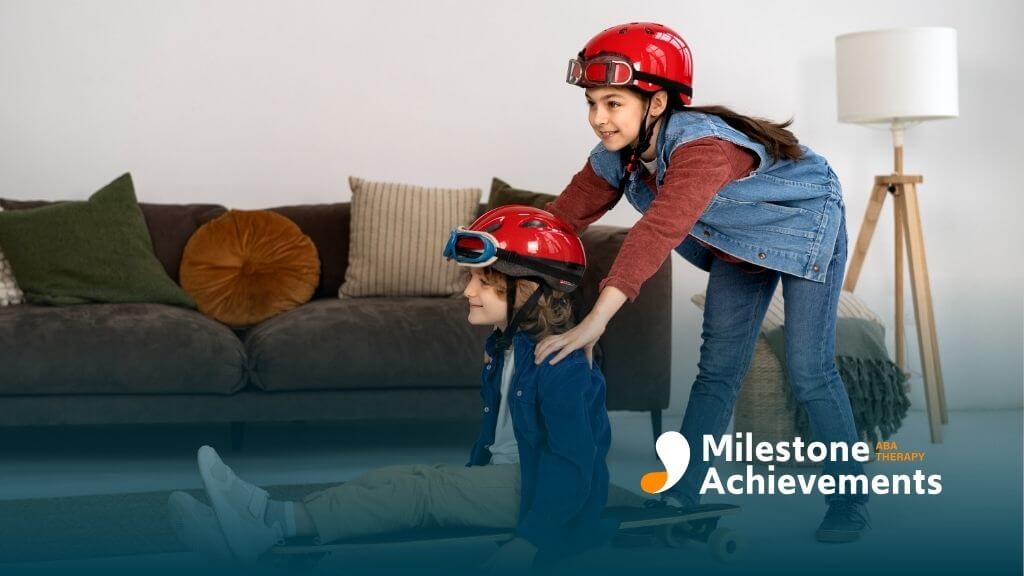
Autism Behaviors: What Parents Should Know
Learn about common behaviors in autism spectrum disorder, from social challenges to sensory sensitivities, and how ABA therapy supports growth and confidence.
Autism, or Autism Spectrum Disorder (ASD), affects how a person communicates, interacts, and experiences the world. While every individual with autism is unique, there are some common behaviors that often appear in children and adults on the spectrum.
Understanding these can help build empathy and create more supportive environments for them.
Social and Communication Differences
People with autism may find social interaction challenging. They might prefer spending time alone, avoid eye contact, or struggle to understand facial expressions and tone of voice.
Conversations can sometimes feel one-sided, or they might repeat certain words or phrases (known as echolalia). Some individuals may also have limited speech, while others communicate fluently but find social rules confusing.
Repetitive Behaviors and Routines
Many individuals with autism find comfort in structure and predictability. You might notice:
- Repeating movements like rocking or hand-flapping
- Intense focus on specific interests or topics
- Difficulty with sudden changes in routine
These repetitive behaviors can serve as a way to self-soothe or make sense of overwhelming situations.
Sensory Sensitivities
Sensory processing differences are another common trait. Lights, sounds, textures, or even certain smells may feel much stronger or more uncomfortable than they do for others. Some people seek extra sensory input, while others avoid it altogether — both are valid ways of coping with sensory overload.
Recognizing these common behaviors of autism helps us appreciate the diversity of how people think and experience the world. If your child shows signs of autism, early intervention can make a big difference.
At Milestone Achievement ABA, we provide compassionate, evidence-based ABA therapy in Georgia designed to help children develop communication, social, and life skills — empowering them to thrive every day.
Sources:
- https://www.cdc.gov/autism/signs-symptoms/index.html
- https://www.mayoclinic.org/diseases-conditions/autism-spectrum-disorder/symptoms-causes/syc-20352928
- https://my.clevelandclinic.org/health/articles/autism
- https://www.autism.org.uk/advice-and-guidance/topics/diagnosis/before-diagnosis/signs-that-a-child-or-adult-may-be-autistic
- https://my.clevelandclinic.org/health/diseases/sensory-processing-disorder-spd


Partner with us on your child's journey
Milestone Achievements offers evidence-based ABA therapy to help children with autism reach their full potential. Together we’ll set meaningful goals and celebrate progress every step of the way.
Start ABA Services TodayFrequently Asked Questions (FAQs)
What are the first signs of autism in children?
Early signs often include delayed speech, avoiding eye contact, limited interest in other people, and repetitive movements or play patterns.
Do all people with autism have the same behaviors?
Not at all. Autism is a spectrum, which means each person’s strengths, challenges, and behaviors can be very different.
Why do people with autism repeat movements or words?
Repetitive behaviors (called “stimming”) can help people with autism manage emotions, focus, or cope with sensory overload.



